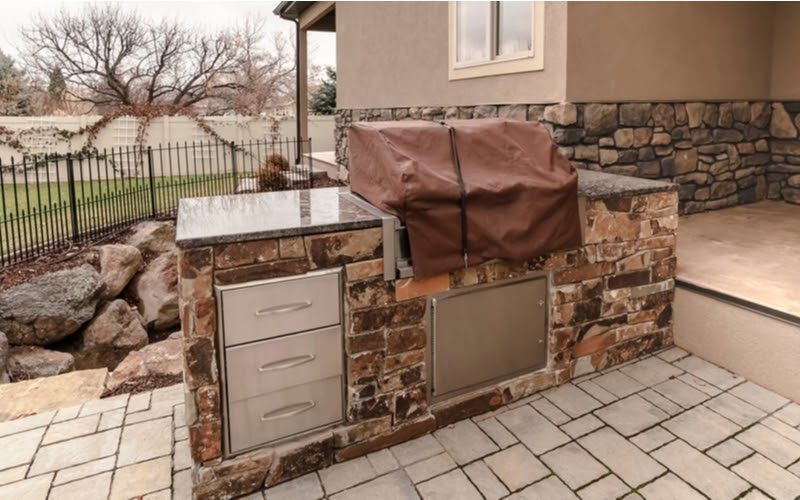Once we transition from summer into fall and eventually into winter, your time spent outdoors will slowly dwindle. Time spent cooking and entertaining at your outdoor kitchen will be less and less over time. Once the weather gets too cold to make use of your kitchen, you’ll want to make sure you’re taking the appropriate steps to winterize. Winterizing will prepare the space for next season and limit the number of repairs needed to get cooking once the warm weather returns. Read on to learn about the steps to take and how to winterize your outdoor kitchen.
Shut Off
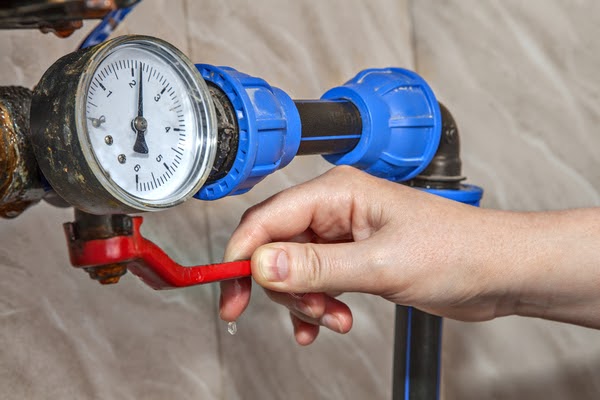
The first step to winterizing your outdoor kitchen is to shut off all the water lines leading to the space. Be sure to shut off all lines. Leaving water running to your outdoor kitchen during the winter months can lead to your pipes freezing and possibly bursting. This will result in repairs needed and additional costs.
Unplug
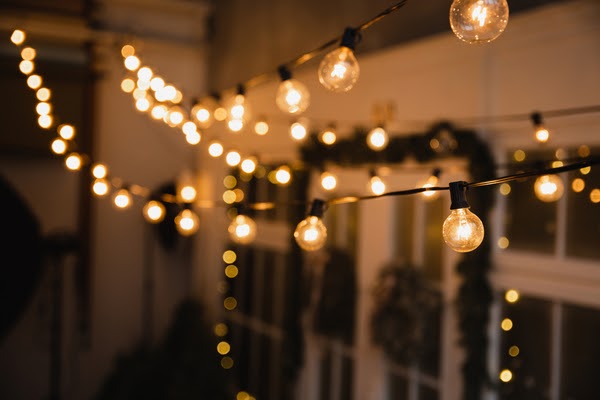
If you have power sources running to a fridge, speaker system, lights, or any other source of power be sure to unplug these for the winter. Since they’re not going to be in use, there is no sense in having electricity running to them.
Drain Out
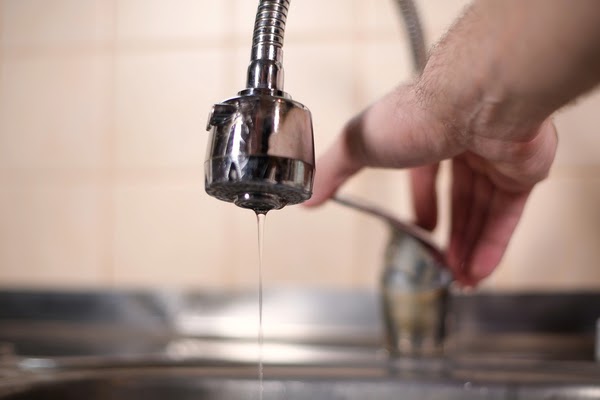
Once you have shut off all the water lines leading to your outdoor kitchen, you’ll want to drain all of those lines out. Be sure not to miss any lines, including any ice makers or mini-fridges. Even though the water is shut off, leaving any water in the pipes has a risk of freezing over the winter.
Be sure to drain the lines out completely, even the smallest amount of water can freeze, hurting your pipes or even the appliance. If you’re unsure about your lines being drained, connect with a plumber to help you out.
Clean Up
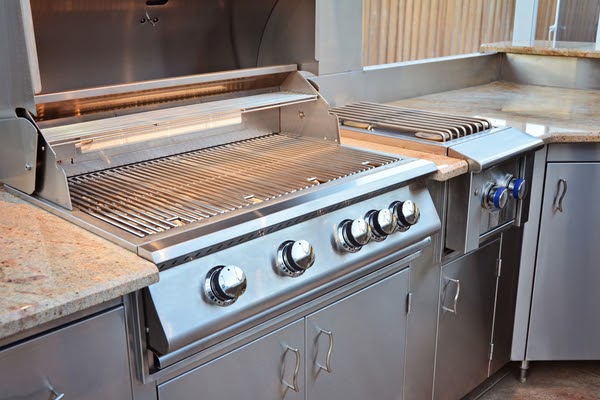
Since you are going to be leaving the space for a couple months, you’ll want to ensure that you leave no food behind for critters to get to or for mold to grow. Be sure to thoroughly clean your countertops and cabinets, your sink, the fridge, and grill. Empty out all food from storage spots and make sure the countertops aren’t left with any residue.
If you haven’t already, be sure to apply a waterproof sealant on your countertops and cabinets (if necessary for the material). Wooden cabinets, for example, should have a sealant applied to protect from the harsh winter climate and moisture. For stainless steel, you can apply a coat of polish that will protect the materials from outdoor elements.
Tip: If you plan to use your grill throughout the winter, purchasing a winter cover will help to keep the grill relatively warm while it isn’t in use, allowing it to heat up faster for when you do use it. It will also keep any critters from nesting there during the winter.
It’s important to take all of the steps to prepare your outdoor kitchen for the winter. Without winterizing, come spring, your water pipes could burst and your appliances could be beyond repair. Be sure to winterize your space and connect with a pro if you’re unsure about anything!
